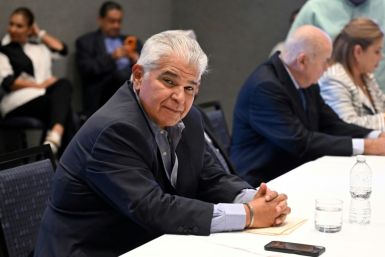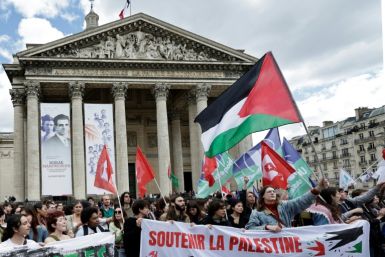Rio Tinto Advances First Shipment of Ore to Mid-2015 for Guinea Simandou Project
Rio Tinto announced on Wednesday that it would advance the first shipment of ore from its Simandou project in Guinea to mid-2015. The earlier shipment date is because of accelerated development resulting from approval of another $211 million for continued studies and $1.117 billion funding commitment for early works and procurement of long-lead items.
Sam Walsh, Rio Tinto chief executive for Iron Ore and Australia, disclosed that the firm is securing the necessary regulatory approval with its project partner Chalco. Once the approval is granted, the two firms will finalise the infrastructure investment framework by about early 2012, which is expected to lead to the Guinean government providing its share on the venture.
"Simandou is the best known undeveloped iron ore resource and one of the great greenfield mining projects worldwide. Development of this outstanding resource will create a major new iron ore producing province, on a par with the historic development of the Pilbara iron ore region in Australia," Mr Walsh said in a statement.
"This funding highlights Rio Tinto's commitment to honouring the Settlement Agreement reached with the Government of Guinea in April this year, and maintains the rapid build-up of in-country infrastructure in order to deliver first shipments of ore by mid-2015," he added.
Under the agreement, Rio Tinto will pay Guinea $700 million compensation as settlement to the dispute over Rio Tinto's stake in the Simandou iron ore project. Guinea will use 35 per cent of the payment to rebuild the country's broken infrastructure, Reuters reports.
The $700 million settlement is almost 75 per cent of Guinea's 2008 national budget and is expected to boost the West African nation's $4.5-billion economy. Despite Guinea's rich mineral resource such as bauxite, gold, iron ore and diamond, the country is poor because of political instability and lack of infrastructure.
Guinea will spend about $240 million to improve roads, electricity generation and distribution, health, the justice system and education for the fiscal year, said Amadou Camara, a member of the council that acts as Guinea's temporary parliament.






